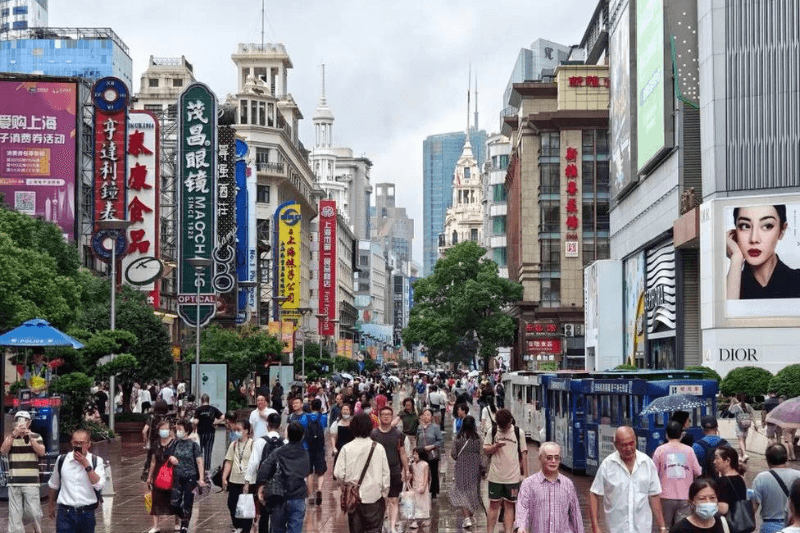
When China Sneezes, Does The Rest Of The World Get A Cold?
There is a saying that when the US sneezes, the rest of the world catches a cold. But what happens when the world’s second largest economy is unwell?
China, home to more than 1.4 billion people, is facing a string of concerning problems, including high youth unemployment, slow growth and a property market in trouble.
In fact, the chairman of the country’s heavily indebted real estate developer, Evergrande, is being placed under police surveillance, with the company’s shares suspended on the stock market.
How Much Does It Matter Globally?
While the aforementioned situation is nothing short of a major headache for Beijing, how much do the pressing issues matter to the rest of the world? Ultimately, it depends on who you are.
For instance, if Chinese people cut back on eating out for lunch, would it affect the global economy? – asked Deborah Elms at the Asian Trade Centre in Singapore.
“The answer is not as much as you might imagine, but it certainly does hit firms who directly rely on domestic Chinese consumption,” she added.
Keep Reading
Need More Clarity On The Matter?
When you consider China is responsible for more than a third of the growth seen in the world, any kind of deceleration seen in the country will be felt beyond its borders.
Hundreds of big global companies get a lot of their revenue from China’s massive consumer market. When Chinese households start spending less, these firms will eventually take a blow.
The knock-on effects will then be felt by the scores of workers around the world who rely on these companies. But the idea that China is the engine of global growth is probably exaggerated.
How Domestic Troubles Could Affect China’s Foreign Policy?
Over the past few years, Beijing is estimated to have invested more than a trillion dollars in huge infrastructure projects across more than 150 countries.
According to Roland Rajah at the Lowy Institute in Sydney, Chinese commitment to these projects may start to suffer if economic problems persist at home.
Some argue a more vulnerable China may seek to repair damaged ties with the US. But there is no evidence to suggest Beijing’s approach is softening as it continues to retaliate.
What’s One Lesson To Learn From History?
It is to expect the unexpected. The echoes of 2008 have got some analysts worried about the nightmare scenario of China’s property crisis triggering financial meltdown around the world.
However, George Magnus at the University of Oxford’s China Centre, said: “This is not going to be a Lehman-type shock” as “China is unlikely to let their big banks go bust.”
Elms agrees: “China’s financial system is not dominant enough for there to be a direct global impact like we saw from the United States in 2008.” But the world remains interconnected, right?




